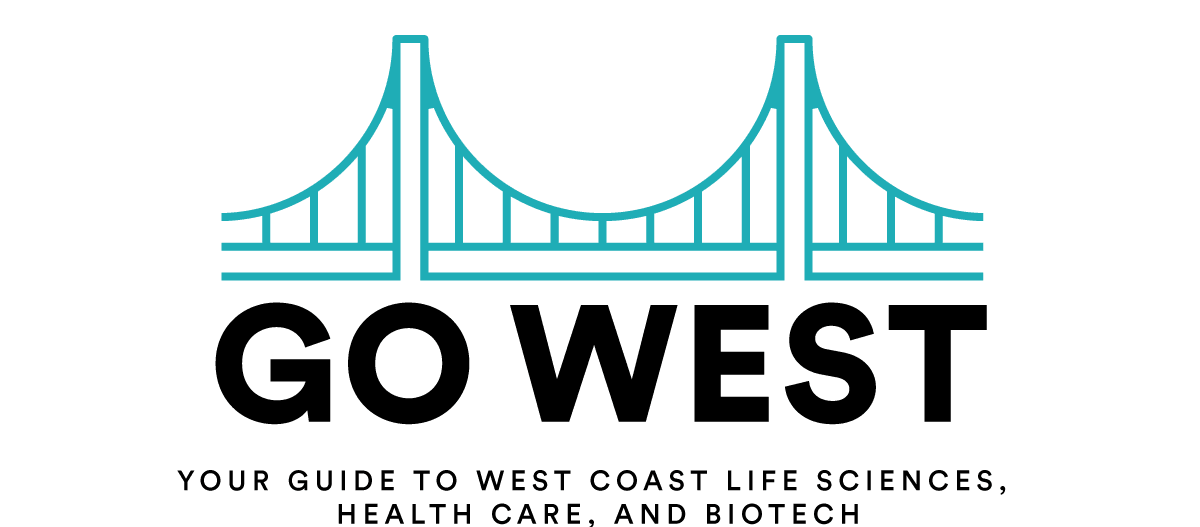

Good morning, and thanks for coming back to Go West.
First up this week: a few thoughts on unicorns. For the uninitiated, that’s Silicon Valley’s term of art for private companies valued over $1 billion. Among the current global herd of more than 300 unicorns, 30 of them are working in biotech, digital health, health care, or health and wellness, according to a list updated earlier this month by the data company CB Insights.
This week brought news of a 31st health-focused unicorn poised to join the herd: San Francisco-based startup Hims, which launched just over a year ago and offers online prescriptions for generic drugs for erectile dysfunction and hair loss. The company is pitching men on a convenient and stigma-free experience, complete with stylish packaging and edgy advertising. It also recently expanded into women’s health, with a brand called Hers.
The details, though, are less rosy. Some investors have balked at such a high valuation for Hims, according to Recode, which first reported news of the company’s financing. And in a new column, Bloomberg’s Max Nisen argues that Hims is looking overvalued, pointing to the fierce competition the startup is facing for its pricey, undifferentiated product.
Bay Area unicorns have also been also on my mind this week thanks to a new analysis from a team of Stanford researchers, including the well-known watchdog John Ioannidis. They examined the published research output of health care’s unicorns past and present and found that, in general, these companies “contribute minimally” to the most influential scientific literature. Channeling Theranos, some companies haven’t published at all.
But the Stanford researchers found some prolific publishers, too. Two West Coast companies — consumer genomics giant 23andMe, with 107 published articles, and diagnostics company Adaptive Biotechnologies, with 89 — accounted for nearly half of all the papers published by unicorns identified in the analysis.
That statistic is as remarkable as it is alarming — and I hope we’ll see the other health care unicorns pick up the pace.































No hay comentarios:
Publicar un comentario